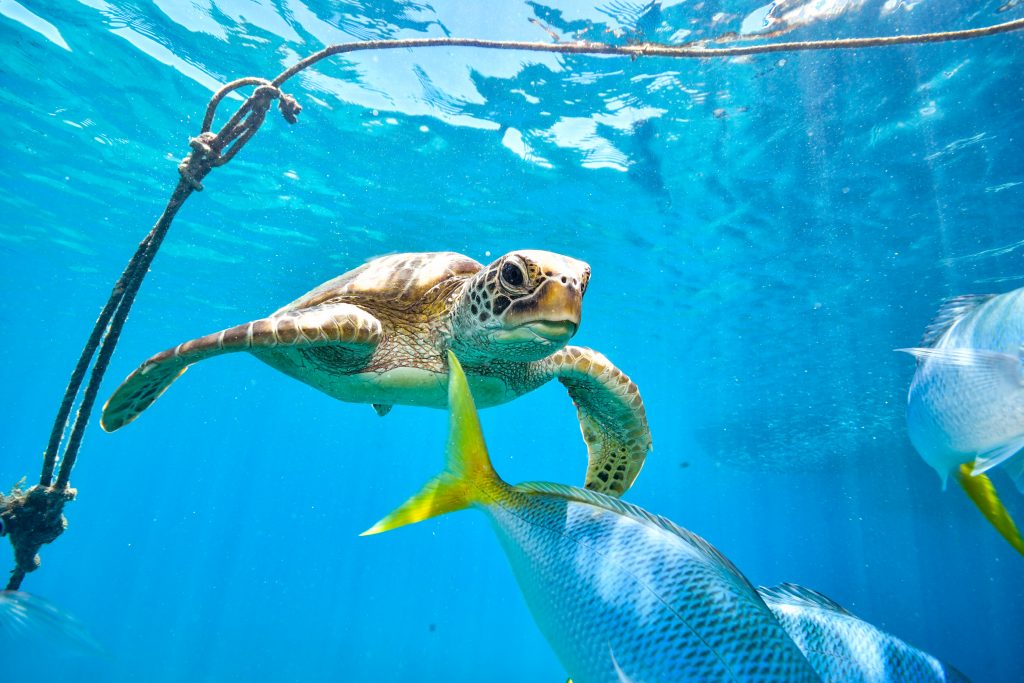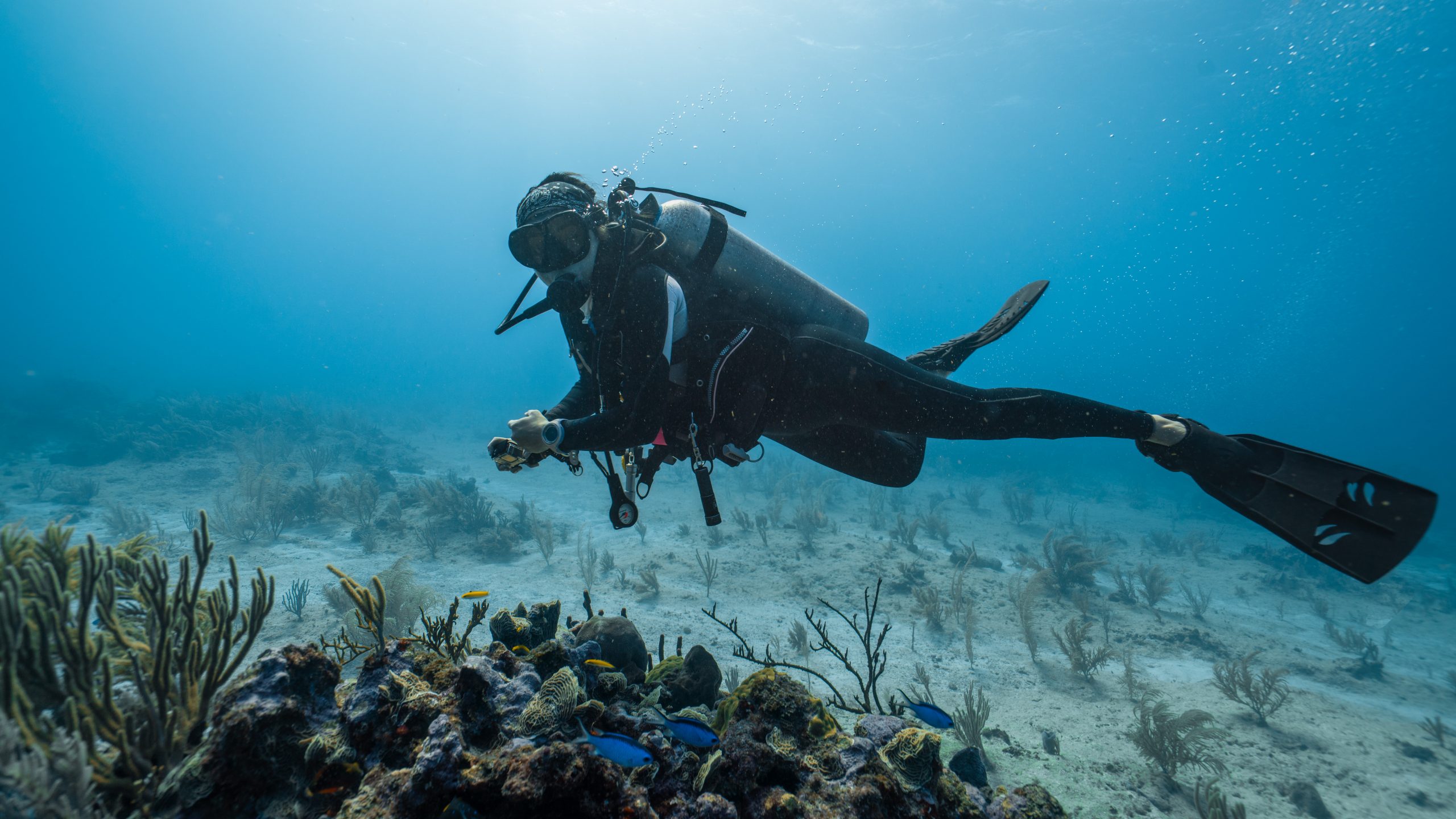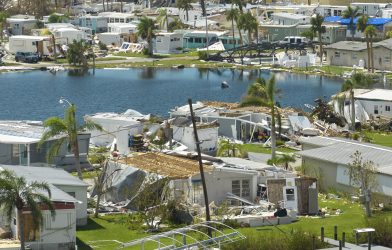In the vast expanse of Earth’s oceans, a silent struggle is unfolding. Beneath the waves, marine ecosystems are facing unprecedented threats from human activities. However, a growing tide of conservation efforts is emerging, driven by scientists, activists, governments, and communities worldwide. This movement aims not just to preserve the beauty and biodiversity of our oceans, but to ensure the survival of the myriad species that call the sea home, and ultimately, our own survival.
The oceans, covering more than 70% of our planet’s surface, are vital to life on Earth. They regulate climate, provide food, and support countless species. Yet, they are under siege. Overfishing, pollution, climate change, and habitat destruction are wreaking havoc on marine life. Coral reefs, often referred to as the rainforests of the sea, are bleaching and dying at alarming rates. Populations of large fish species have plummeted by 90% in the past century. Plastic waste, now ubiquitous even in the most remote oceanic depths, poses a lethal threat to marine creatures.
To combat these challenges, marine conservation efforts are multifaceted, innovative, and increasingly collaborative.
Marine Protected Areas (MPAs): One of the most effective strategies for preserving marine biodiversity is the establishment of Marine Protected Areas. MPAs restrict human activities like fishing and tourism to protect ecosystems and allow them to recover. Notable examples include the Great Barrier Reef Marine Park in Australia and the Papahānaumokuākea Marine National Monument in Hawaii. Recent initiatives aim to expand these protected zones, with the global target set by the United Nations to safeguard 30% of marine areas by 2030.
Sustainable Fishing Practices: Overfishing is a critical threat, but sustainable fishing practices offer a viable solution. By implementing quotas, seasonal closures, and gear restrictions, fisheries can reduce their impact on fish populations and habitats. Certification programs, such as the Marine Stewardship Council (MSC), encourage consumers to choose sustainably sourced seafood, creating economic incentives for responsible fishing.
Pollution Reduction: Addressing marine pollution, particularly plastic waste, is crucial. International efforts, like the United Nations' Clean Seas campaign, aim to reduce plastic use and improve waste management. Innovative solutions, such as biodegradable plastics and ocean cleanup technologies, are also being developed to tackle the existing pollution.
Climate Change Mitigation: Oceans absorb a significant portion of the world's carbon dioxide emissions, leading to acidification and temperature changes that threaten marine life. Reducing greenhouse gas emissions is essential to mitigate these effects. Marine conservation also includes protecting and restoring blue carbon ecosystems, such as mangroves, seagrasses, and salt marshes, which sequester carbon effectively.
Community Involvement and Education: Engaging local communities and raising public awareness are pivotal to successful conservation. Coastal communities often rely on marine resources for their livelihoods and are the first to witness environmental changes. Empowering them with knowledge, resources, and a stake in conservation efforts ensures sustainable practices and local stewardship. Educational programs and citizen science initiatives, where volunteers contribute to research and monitoring, also play a significant role.

There are numerous inspiring success stories in marine conservation. The recovery of the humpback whale population, once hunted to the brink of extinction, demonstrates the impact of international cooperation and protective regulations. The revival of marine life in previously overfished areas, such as Cabo Pulmo in Mexico, showcases the benefits of well-managed MPAs.
Looking ahead, the future of marine conservation relies on continued innovation, robust policies, and global collaboration. Technological advancements, like satellite monitoring and genetic research, offer new tools for protecting and studying marine ecosystems. Strengthening international agreements and enforcing regulations are critical for addressing issues that transcend borders.

The health of our oceans is inextricably linked to the health of our planet and humanity. Marine conservation is not just an environmental imperative; it’s a necessity for our survival. By supporting conservation efforts, advocating for sustainable practices, and reducing our ecological footprint, we can all contribute to preserving the oceans for future generations.
As we stand at the edge of this new wave of marine conservation, the collective efforts of individuals, communities, and nations can turn the tide. Together, we can ensure that the oceans remain vibrant and life-sustaining, a testament to the resilience of nature and the power of human determination.














